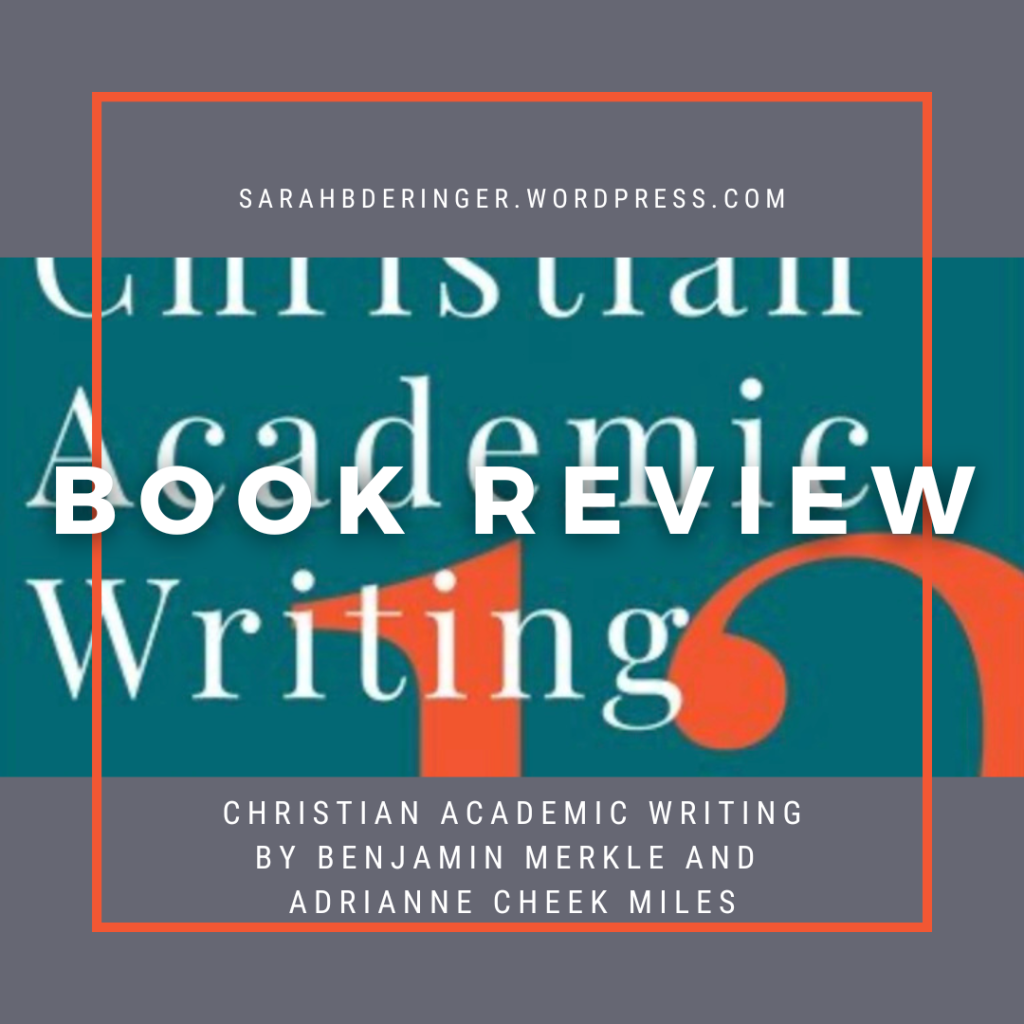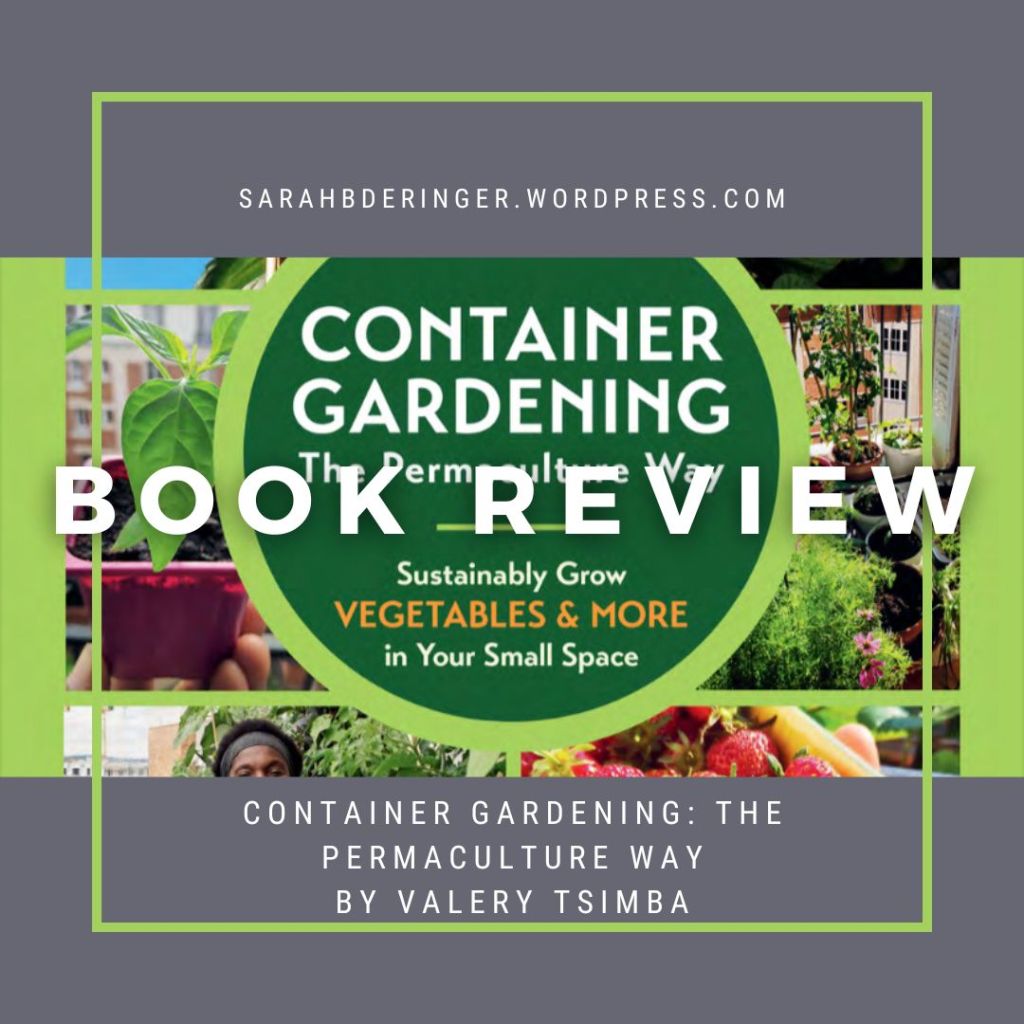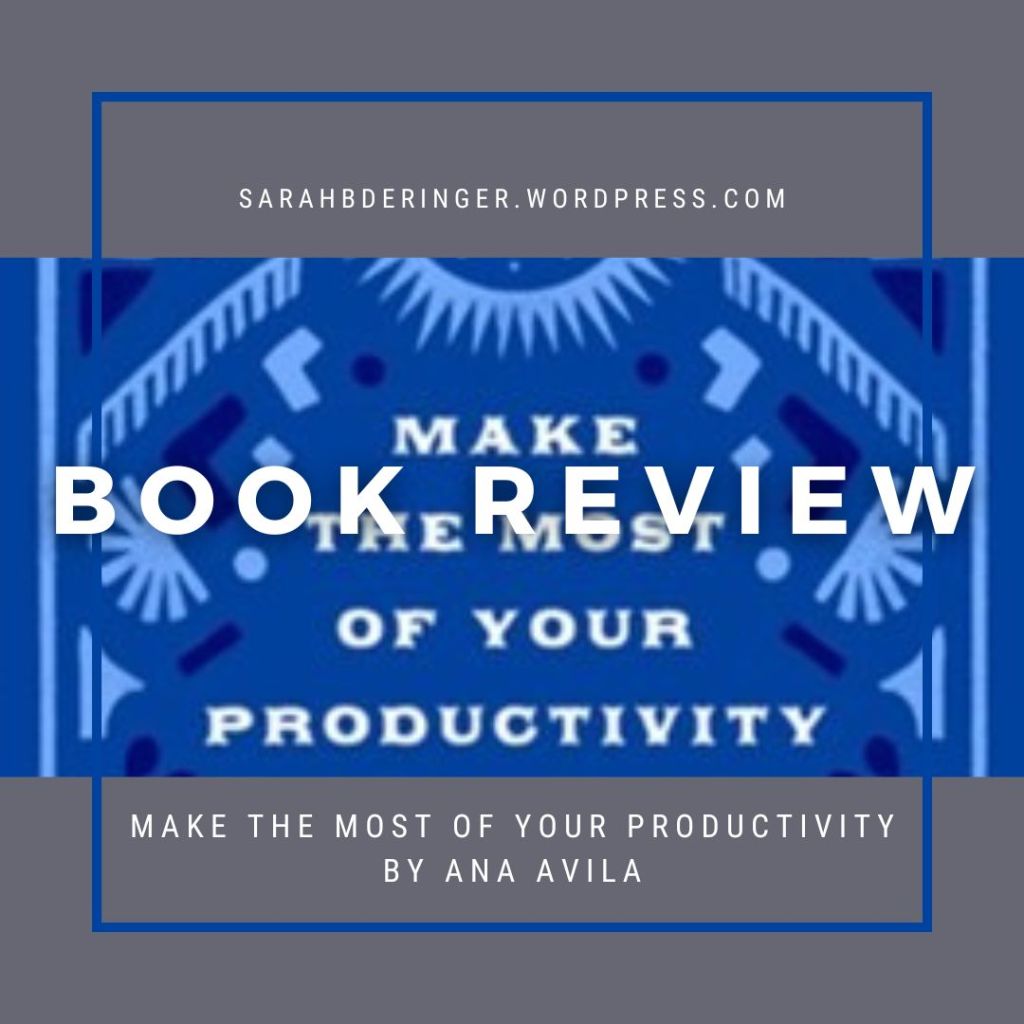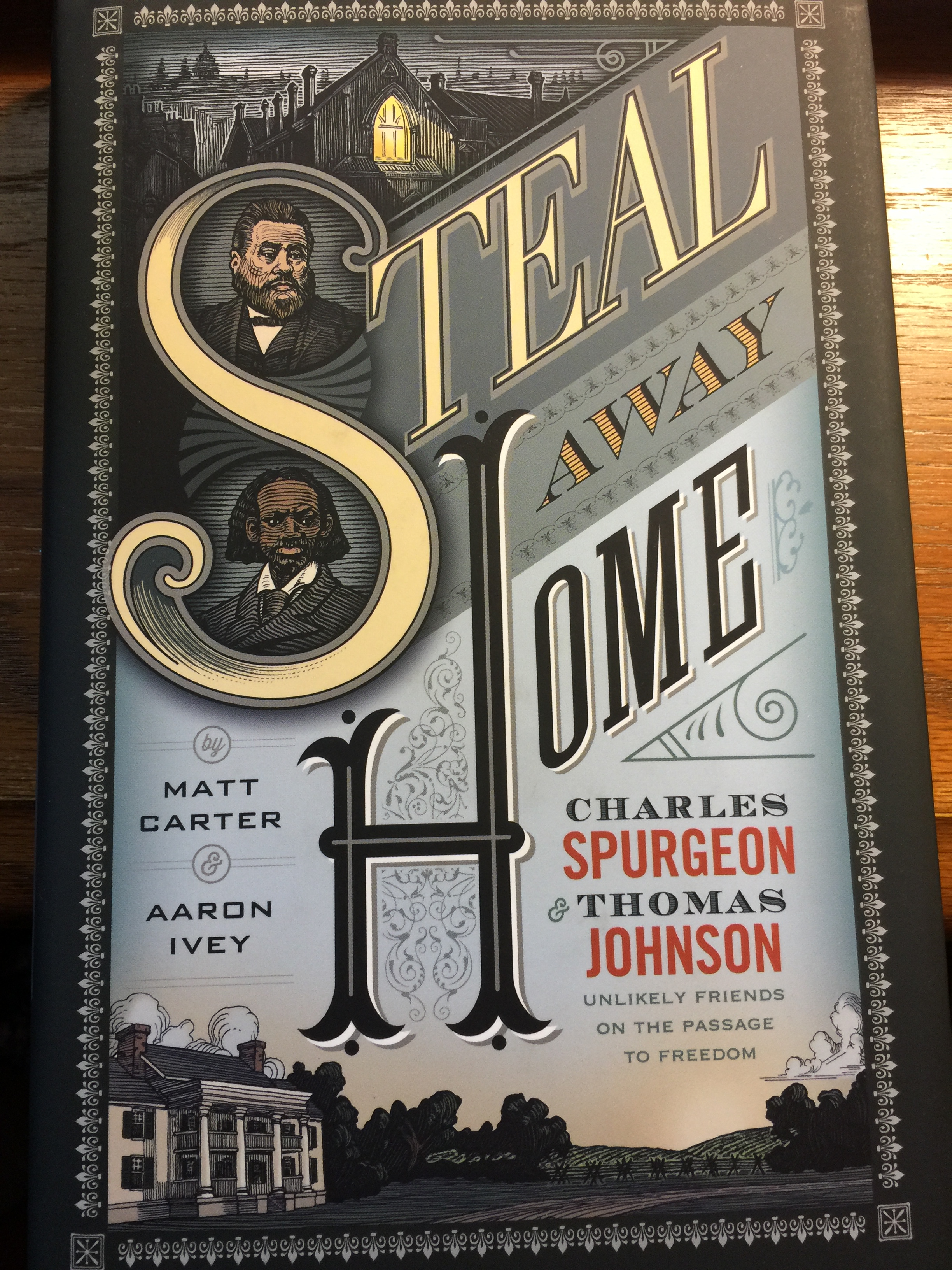
My pastor gave me a copy of Christ-Centered Exposition: Exalting Jesus in Hebrews by R. Albert Mohler Jr., when we were studying through the book of Hebrews in the Bible. Dr. Mohler’s commentary was highly recommended by my pastor, and I can see why. This commentary is very reliable, so let me explain a little bit more about the book.

The Christ-Centered Exposition Commentary series is one of my favorite commentary series because Christ is the center of the Bible and knowing that changes everything, especially when studying the Bible! This series uses the CSB translation of the Bible; of course, it is published by Holman Reference and BH Publishing Group, which also published the CSB translation. This series is described as presenting the text as sermons, dividing chapters by including reflection and / or discussion questions.
Hebrews highlights who Jesus is and how He is preeminent, or how He is the most superior or supreme. This book by Dr. Mohler is divided into sections that point out the characteristics of Jesus. Each “sermon” includes the main idea, the outline of the text, the sermon text, and then discussion questions.
In studying Hebrews and really any part of the Bible, there is a danger. Dr. Mohler gives this important warning, which he draws from Hebrews 2:1-3:
“We do not listen to the Son so that we can puff ourselves up theologically. Doctrine is not for bludgeoning out brothers and sisters in Christ, nor is it for impressing our neighbors. We engage the Bible with the utmost seriousness in order to commune with God Himself and thereby not ‘drift away.'” – from page 24
This quote is a great one to reflect upon as it realigns our motives for learning more about Christ to being able to commune and abide with God and Christ the rest of our lives. Learning and studying about Christ is a life-long process, and even if we devote all our lives to studying His Word, we will till yet to have full comprehension of the depth and riches of God’s love and grace. However, studying God’s Word has the grand blessing of knowing God more, so I encourage you – do not give up in your study!
On pages 35-36, Dr. Mohler shares what the world would look like if Satan was in charge. According to Dr. Mohler, things would look seemingly perfect, but the Gospel would not be preached. Satan’s goal is not that evil would reign everywhere, but that God would not receive the glory He deserves, according to Dr. Mohler. I believe this thinking is a true and eye-opening reminder that we must hold fast to the Word or risk drifting away.
So reflect with me for a moment: How have you spent time in God’s Word and with Him in prayer lately? If you have not spent much time or any time lately, how can you take a small step to spend time with God today?
Hebrews, and Dr. Mohler, emphasizes the urgency of believing today, and not putting off your right-standing relationship with Christ. We are not guaranteed tomorrow so the prime time to believe in Christ and repent of your sins is today. After that, the responsibility to share the Gospel with others begins. The prime time for sharing the Gospel is as long as it is called today.
One other major point that Dr. Mohler and Hebrew is that Jesus is our tempted, yet sinless High Priest (see page 64). There has been a recent study saying that 44% of people believe Jesus sinned. This thinking is false, and the need for Biblical literacy is apparent. Jesus did NOT sin, and if He did, we would still be dead in our sins without hope.
“He was tempted in every respect that we have been tempted, but never once did He permit that temptation to become sin in His heart, in His thoughts, or in His actions. Thus temptation that resists or rejected sin falls short of sin, while temptation that gives over to sin is sin.” – from page 67
We can trust in Christ and hold fast to our confession of hope because He is sinless and able to help us in our time of need and our temptations. It is only by His sinlessness that we can ever have hope of conquering death and sin. Do not fall for the false thinking and teaching that Christ ever sinned. He did not, and therefore, we have eternal, infinite hope.
Dr. Mohler’s commentary on Hebrews is a good resource for churches and individuals who want to study Hebrews and learn more about Christ. I recommend this book for anyone who wants to use this book for checking their learning against the truth of God’s Word during their study as well as for Bible study groups. I give this book five out of five stars.
* Check my blog tomorrow for what I have learned while studying the book of Hebrews!
Join in on the conversation!
I always love hearing from my readers, so feel free to comment on this post.
- Have you studied Hebrews before?
- What have you been learning about Christ lately?
- Have you read Dr. Mohler’s commentary?
- What other resources would you recommend for studying Hebrews?
















